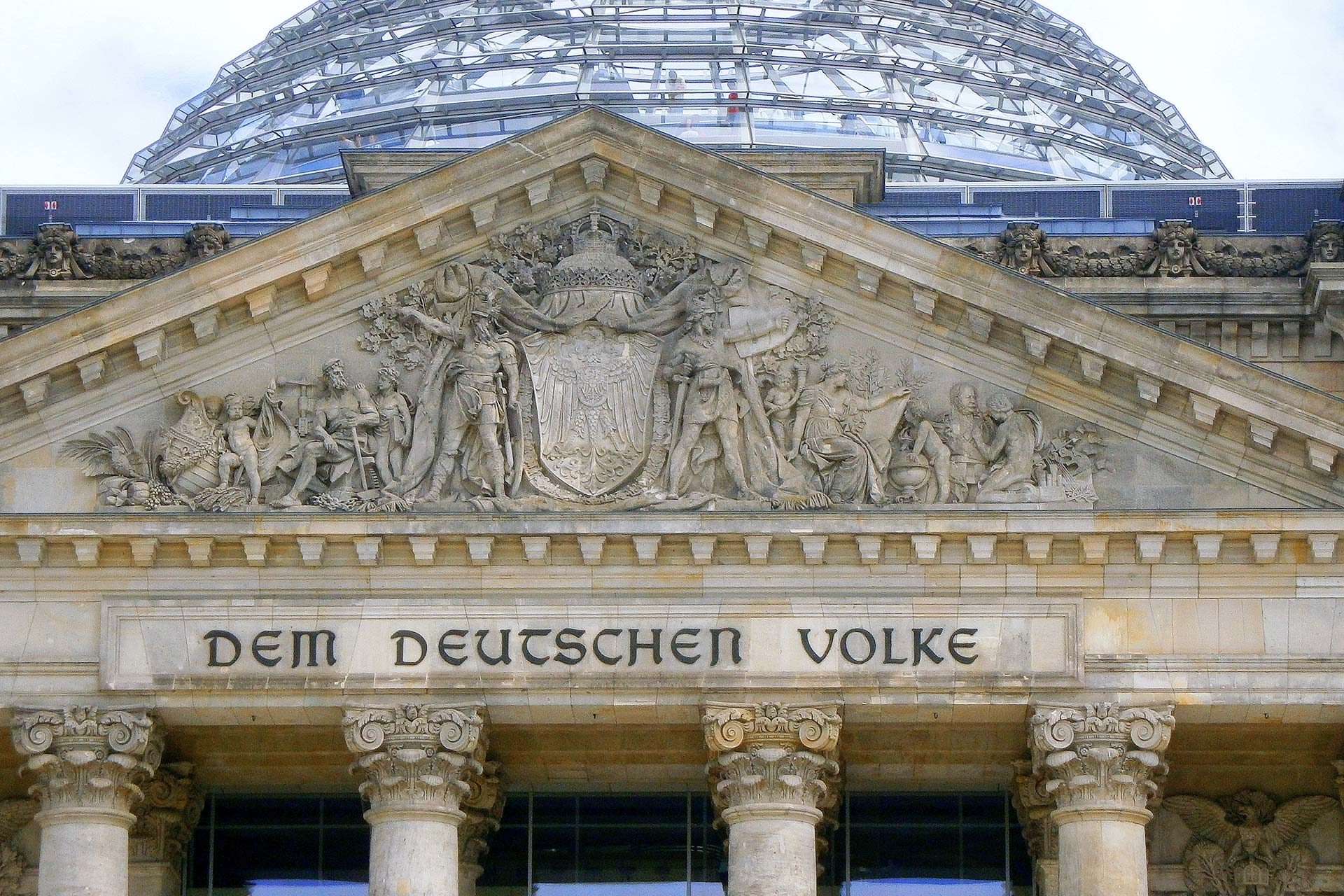Social justice
Germany is characterised by a high degree of social justice. Often, however, a negative picture is falsely painted in the public debate that does not accurately reflect the actual conditions. A forward-looking policy must be guided by facts rather than distorted images and tackle problems at their root causes.
©AdobeStock Pixel Shot
These are the facts
- Germany is one of the most redistributive countries in the OECD comparison and has one of the most equal income distributions of all G20 countries. Since 2005, the level of income equality has not changed significantly.
- Social transfers reduce the risk of poverty by one third.
- Measured against the EU-28 average standard of living (purchasing power adjusted income below 60% of the EU-wide median income), the at-risk-of-poverty rate in Germany is 8.2%; only eight countries within the EU-28 have lower relative purchasing power adjusted income poverty (Teilhabemonitor 2019). Even if domestic income levels are taken as a benchmark, the risk of being income poor is lower in Germany than the EU average.
- Although Germany has a comparatively high level of wealth inequality, this does not represent a justice deficit, but is an expression of our strong middle class. Many of our small and medium-sized enterprises are traditionally family-owned. These business assets are distributed among relatively few households and therefore have a major impact on wealth inequality. If companies in Germany were more frequently listed on the stock exchange, this would ensure a more balanced wealth structure via more widely distributed share ownership.
Germany has a particularly low poverty risk across the EU
Share of population 2015, in % (by EU-wide median income adjusted for purchasing power)
No further redistribution necessary
The welfare state basically redistributes from top to bottom according to the principle "the rich pay for the poor". The growing gap between market income and net income in view of the increasing international division of labour and technical progress is largely compensated for by state redistribution. Income tax plays an important role in this process because it disproportionately burdens higher incomes. The top 10 percent of income earners paid more than half (54.8 percent) of all income taxes in 2019. In contrast, the bottom 50 percent paid only 6 percent of total income tax revenue (BMF 2020).
Germany has no deficit at . Even more redistribution or a comprehensive expansion of the welfare state would be - just like the concept of an unconditional basic income - a fatal aberration. Before the comprehensive labour market reforms of Schröder's government, the unemployed received quasi unconditional financial protection from the welfare state. But it was not until the labour market reforms that the trend in the number of unemployed was reversed. Among other things, incentives to qualify for the labour market contributed to a greater willingness - to assume personal responsibility and take up work. It is therefore important to respond politically to concerns about job losses and to set the right framework conditions for growth, further training and employment. What is needed in particular is an education policy that enables as many people as possible to successfully meet the challenges of a changed world of work.
Before the state can redistribute at all, it needs competitive companies that ensure through their performance that the state can redistribute. It is therefore just as sensible as it is social to permanently improve economic sustainability. In addition, the foundations of life for future generations must be preserved, in particular by consolidating public budgets, complying with the debt brake and through efficient and fundable social systems. It is also important for intergenerational justice that the supplementary federal budget, which was recently adopted correctly in response to the Corona crisis, be reduced in accordance with the repayment schedule.







